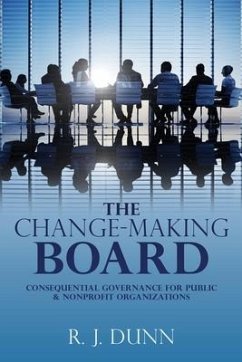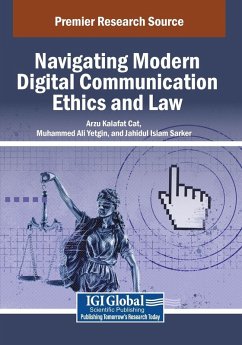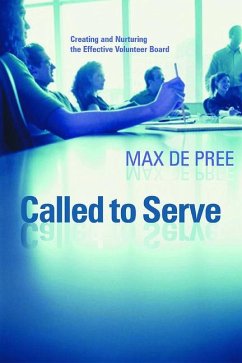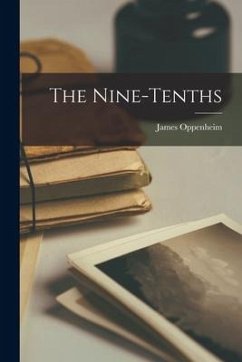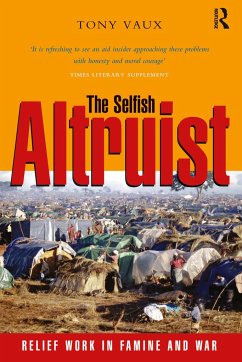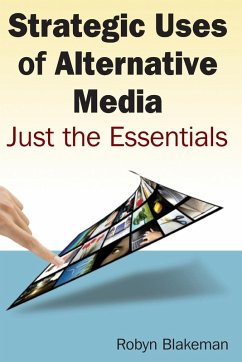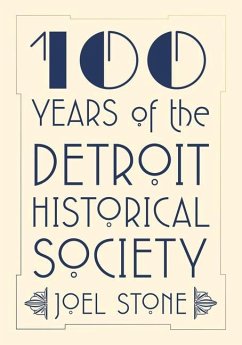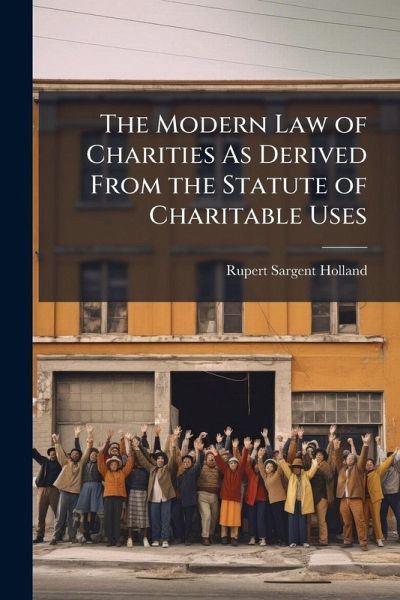
The Modern Law of Charities As Derived From the Statute of Charitable Uses
Versandkostenfrei!
Versandfertig in über 4 Wochen
14,99 €
inkl. MwSt.
Weitere Ausgaben:

PAYBACK Punkte
7 °P sammeln!
"The Modern Law of Charities" provides a comprehensive overview of charity law as it developed from the Statute of Charitable Uses. Written by Rupert Sargent Holland, this volume explores the legal principles and precedents governing charitable organizations and trusts, offering valuable insights into their formation, administration, and regulation. This book is essential for legal professionals, scholars, and anyone interested in the historical development and modern application of charity law. It examines the key statutes, court decisions, and legal doctrines that shape the landscape of char...
"The Modern Law of Charities" provides a comprehensive overview of charity law as it developed from the Statute of Charitable Uses. Written by Rupert Sargent Holland, this volume explores the legal principles and precedents governing charitable organizations and trusts, offering valuable insights into their formation, administration, and regulation. This book is essential for legal professionals, scholars, and anyone interested in the historical development and modern application of charity law. It examines the key statutes, court decisions, and legal doctrines that shape the landscape of charitable giving and nonprofit governance. This work has been selected by scholars as being culturally important, and is part of the knowledge base of civilization as we know it. This work was reproduced from the original artifact, and remains as true to the original work as possible. Therefore, you will see the original copyright references, library stamps (as most of these works have been housed in our most important libraries around the world), and other notations in the work. This work is in the public domain in the United States of America, and possibly other nations. Within the United States, you may freely copy and distribute this work, as no entity (individual or corporate) has a copyright on the body of the work. As a reproduction of a historical artifact, this work may contain missing or blurred pages, poor pictures, errant marks, etc. Scholars believe, and we concur, that this work is important enough to be preserved, reproduced, and made generally available to the public. We appreciate your support of the preservation process, and thank you for being an important part of keeping this knowledge alive and relevant.



